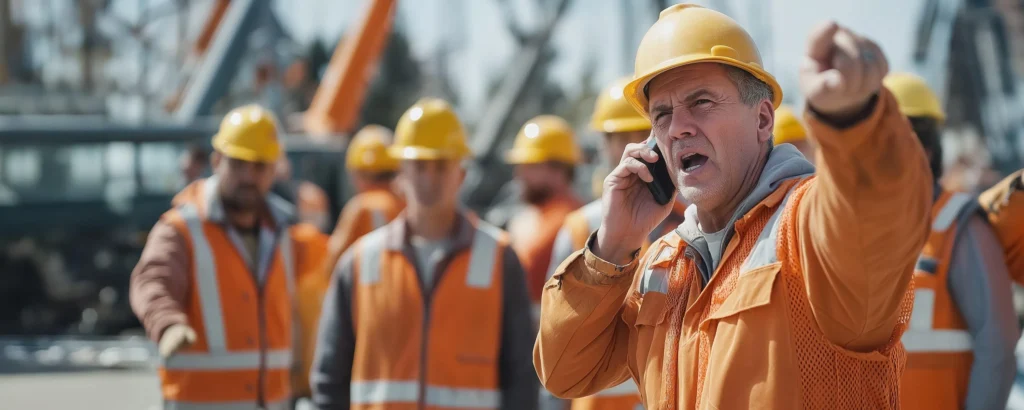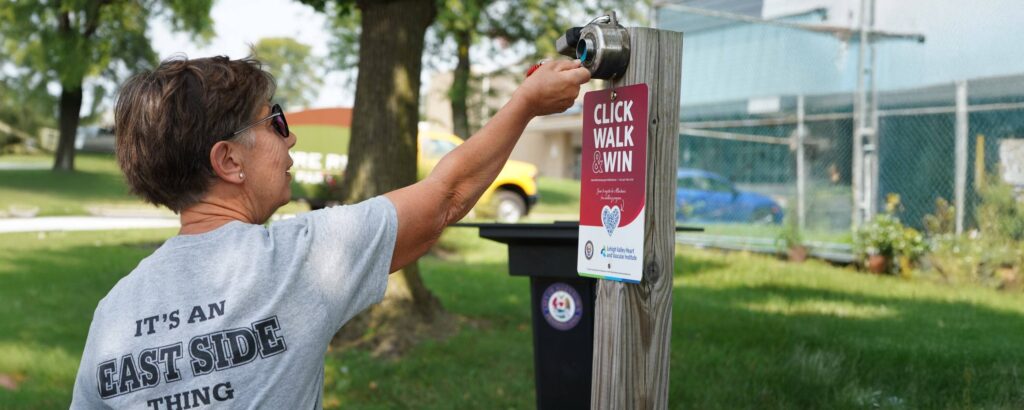Protecting your workers’ mental health is just as important as protecting their physical health. Workers in construction are susceptible to mental health issues. According to the Centers for Disease Control and Prevention (CDC), suicide rates among males are higher in construction than in almost any other industry, save mining, quarrying and oil and gas extraction. While many different factors can contribute to a decline in mental health, including the nature of construction work itself (extreme working conditions, long hours, physically demanding work, etc.), the fact remains that workers suffering from mental health conditions can compromise job safety.
How Poor Mental Health Affects the Workplace
Workers who don’t have the support of employers or tools to mitigate their mental health issues can pose a serious risk to themselves and their coworkers while on the job. Consider some of the warning signs of mental illness:
- Dramatic sleep and appetite changes
- Rapid shifts in emotions and/or greater irritability
- Drop in functioning at work like difficulty performing familiar tasks
- Problems with concentration or logical thought
- Feeling disconnected from oneself or one’s surroundings
- Illogical thinking, specifically about personal powers
- Increased absenteeism and difficulties in relationships with coworkers
If a construction worker is experiencing any one of these warning signs, they could be putting themselves or others at risk on the jobsite. For example, a worker that’s suffering from problems with concentration or is exhausted could pose a danger when operating heavy machinery. Or a worker who feels disconnected from his or her surroundings might fall from a scaffolding. And the entire team suffers when a worker is continually absent or won’t communicate with others. Aside from safety issues, mental illness can affect performance. According to Industrial Safety & Hygiene News, employees who experience mental illness daily, like severe anxiety, will eventually disengage from their work, causing productivity and quality to diminish.
But employers can play an active role in recognizing their employees’ mental health issues and supporting efforts to seek help.
How Employers Can Support Mental Health
Supervisors, managers and team members are in the perfect position to notice a co-worker’s declining mental health. They’re also the ones who can help support their treatment.
Train employees to recognize mental health risk factors.
The first step in supporting your workers’ mental health is recognizing when it starts to decline.
Your workers spend at least a third of their day on the job, which gives coworkers and managers an excellent opportunity to recognize mental health warning signs. Train them to pay attention to the risk factors listed above as well as:
- Excessive worrying or fear
- Feeling excessively sad or low
- Extreme mood changes, including uncontrollable “highs” or feelings of euphoria
- Avoiding friends and social activities
- Difficulties understanding or relating to other people
- Inability to perceive changes in one’s own feelings, behavior or personality (“lack of insight” or anosognosia)
- Overuse of substances like alcohol or drugs
- Multiple physical ailments without obvious causes (such as headaches, stomach aches, vague and ongoing “aches and pains”)
- Thinking about suicide
- An intense fear of weight gain or concern with appearance
Training all employees to recognize these warning signs – and bring their concerns to management – can start a conversation with the employee and set them on a path to seek treatment options.
Provide mental health treatment options in your benefits package.
The next step is to make sure your medical benefits package includes easy options for seeking mental health care.
- Include an employee assistance program (EAP) in your benefits offering. Typically costing around $20 a year per employee, EAPs are usually offered together with health insurance and provide free, confidential counseling to any employee in work-related or personal distress. With EAPs, employees can simply pick up the phone rather than researching the right therapist, making an appointment or worrying about copays. EAPs offer a limited number of sessions, but their counselors can refer employees to continued therapy if necessary.
- Ensure your benefits offerings are easily accessible to employees. Employees who must rifle through reams of paperwork to register for benefits, or seek out an HR representative with every question, may be deterred from signing up or using their health benefits — especially if they’re already feeling anxious or depressed. Benefits management software provides an employee portal where workers can log in to compare and choose healthcare plans, check on coverage details, and more.
Encourage positive mental health habits.
Being proactive about mental health and mental illness can having a lasting, positive effect on your entire team.
- Encourage full use of paid time off and sick days. Forbes contributor and author Bryan Robinson, PhD asserts that this is the best way to foster mental health among workers, but notes that it isn’t being done enough. Make sure your workers take the time off they need to recharge and heal.
- Break the silence surrounding mental health. A study revealed that one in ten employees said they’d been thinking of harming themselves or others, and 47% said they had received no words of support from employers in recent months. Open communication about mental health, especially from company leaders, helps remove the stigma from the topic so that workers feel less shame discussing their struggles, and are more apt to seek help.
A workforce that’s mentally healthy will be happier, more productive and safer. Learn more about promoting mental wellbeing on the jobsite from our safety partner, SkillSignal.
Contact us today to learn more about how Arcoro can help you with solutions and partners that deliver on employee wellbeing.



